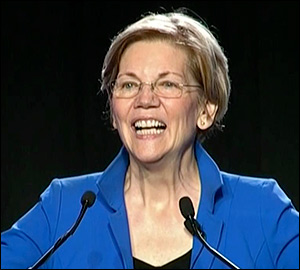By Jim Ellis — Monday, March 27, 2023
The Nation
Polling: Mixed Signals — The international online polling firm YouGov again partnered with The Economist publication to survey the US population, and while the respondents are generally pessimistic about the state of the American economy, their outlook toward the country’s leadership is somewhat improved.
The poll (March 19-21; 1,500 US adults; online) finds that 56 percent of those surveyed say they believe that the economy is already in a recession. An additional 21 percent think it is very likely or somewhat likely that the economy will further dip within the next year.
A majority of those participating also believe the country is on the wrong track (61 percent), but that result is not as negative as numbers we were seeing last year at this time. Then, the wrong track number was approaching or at 70 percent. A total of 28 percent in the current poll responded that they believe the country is on the right track, while 10 percent are unsure.
Similarly, President Biden’s job approval index is still upside-down at 43:51 percent, with 38 percent rating his performance as very unfavorable. While these numbers are not particularly good, the ratios are an improvement from what was presented last year. Perhaps most troubling for the president, however, is that almost half of the sample, 44 percent, views him as dishonest. Only 40 percent perceive him as honest.
Should the honesty negative response increase, which is possible if more questionable Biden family transactions regarding China and Chinese-owned companies come to light, such a trend could spell serious trouble for the president’s re-election prospects.
While no ballot test pairing President Biden with either former President Trump or Florida Gov. Ron DeSantis was included in this YouGov questionnaire, the respondents were asked whether they want to see President Biden seek re-election. Here, as has been found in many other national polls, a strong majority (59 percent) say they do not. Only 25 percent would encourage him to run in 2024.
Former President Trump, however, is at parity with President Biden on this question, so if Trump again becomes the Republican nominee, both negative ratios would likely be neutralized. A total of 32 percent say Trump should come back, while 57 percent would oppose him running in 2024.


